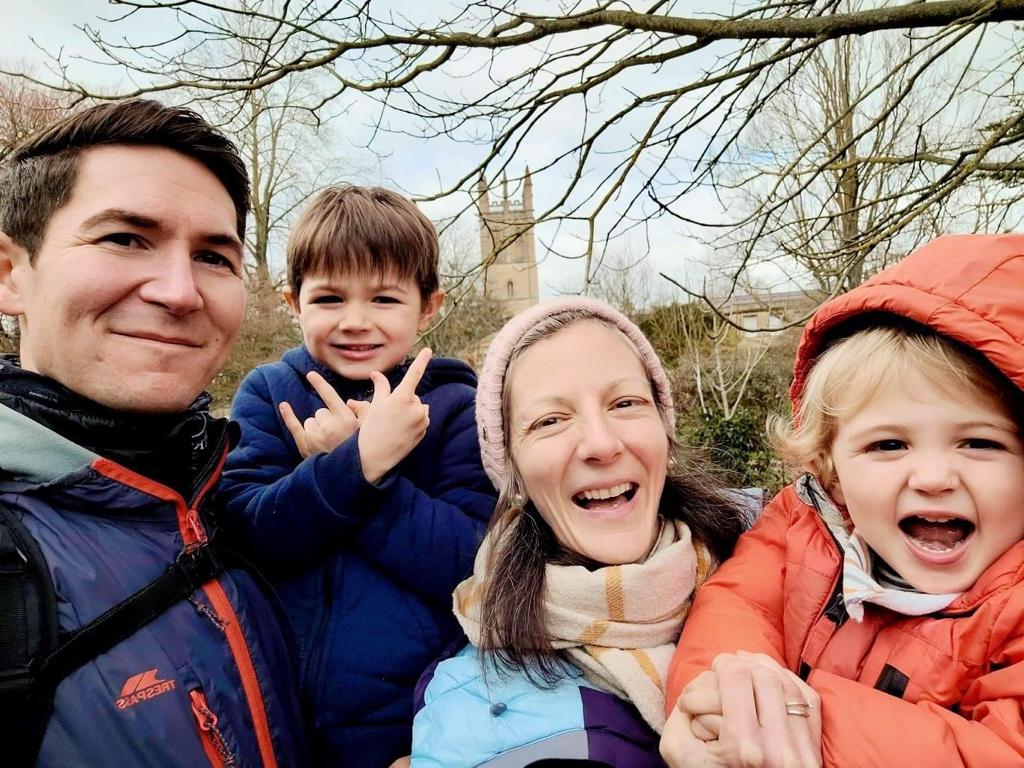
My 2.5-year journey with translocation renal cell carcinoma
April 30, 2024
This is a guest post by Dawn Dyson, 37, who was diagnosed with translocation renal cell carcinoma in 2022. Dawn…
Read More
Three analyses of the LITESPARK trial examining the hypoxia-inducible factor 2a (HIF-2a) belzutifan (Welireg) showed efficacy and benefit for this novel therapy over comparator treatments in advanced clear cell renal cell carcinoma (RCC) as well as at multiple doses.
“I believe [LITESPARK-005] is a practice-changing study and I do want belzutifan to be made available for patients,” said Dr. Lisa Pickering, a medical oncologist at the Royal Marsden Hospital during a discussion of all three trials at the recent European Society of Medical Oncology meeting in Madrid, Spain.
Pickering was referring to the results from one of the analyses, which showed belzutifan outperformed the kinase inhibitor everolimus in advanced clear cell RCC patients who had been on prior treatment.
Belzutifan blocks HIF-2a, a protein whose concentration increases or decreases in response to cellular oxygen levels and is part of pathways that can favor tumor growth, especially in people with kidney cancer with von Hippel-Lindau (VHL) gene mutations. Belzutifan represents a new mechanism of action among a stable of immunotherapies and tyrosine kinase inhibitors that are currently approved for use to treat kidney cancer.
The three analyses, LITESPARK-005, LITESPARK-003, and LITESPARK-013, looked at belzutifan alone against another treatment, in combination with another treatment, and alone at two different doses, respectively.
LITESPARK 005, led by Dr. Laurence Albiges, a medical oncologist at the Institut Gustave Roussy in France and a KCA Board Member, was a phase III trial that randomized 746 people with metastatic clear cell RCC who had stopped responding to their treatments to either belzutifan or the kinase inhibitor everolimus (Afinitor). The primary endpoint was progression-free survival (PFS), which improved in belzutifan-treated patients compared with everolimus-treated patients at 18 months (PFS rate 22.5% vs 9%). Thirteen belzutifan patients had a complete response while none on everolimus did. The median overall survival seemed to favor belzutifan, too, but this endpoint did not reach statistical significance. [ESMO 2023, Abstract LBA88] Read more.
“Given the positive study results, the quality of life, with a safety profile that is manageable, this is something I’d be keen on using for my patients,” Albiges said.
Dr. Toni Choueiri, Director of the Lank Center for GU Oncology at the Dana-Farber Cancer Institute in Boston, reported updated results from LITESPARK-003, a phase II trial of a group of advanced RCC patients randomized to treatment with belzutifan plus the kinase inhibitor cabozantinib (Cabometyx) as either first-line therapy, meaning this was the initial treatment these patients would get, or as a subsequent line treatment where at least one prior therapy was immunotherapy. The combination continued to show anti-tumor activity in both groups consistent with previous analyses, making belzutifan plus cabozantinib a potential option for advanced clear cell RCC patients, whether they’ve had prior treatment or not. Among 50 patients receiving first-line treatment and 52 receiving subsequent treatment with belzutifan plus cabozantinib, an estimated 57% and 51% of responders in each group, respectively, remained responsive to treatment for at least 2 years. Median progression-free survival was 30.3 months and 13.8 months, respectively. Medial overall survival was not reached in the first-line treatment group and was 26.7 months in the subsequent treatment group. Some patients did have adverse effects to the combination treatment. [ESMO 2023, Abstract LBA87]
LITESPARK-013 was a phase II study that included 154 advanced clear cell RCC patients treated with either 120 mg or 200 mg of belzutifan daily. The overall response rate was similar – around 23% – though there were a few complete responses in the 200 mg group. PFS and overall survival were also similar between the groups, confirming belzutifan’s efficacy at a lower dose. [ESMO 2023, Abstract 1881O] Read more.
“The results, together with the phase III LITESPARK-005, continue to support a belzutifan 120 mg once daily dose in patients with clear cell RCC,” said primary investigator Dr. Neeraj Agarwal of the Huntsman Cancer Institute in Salt Lake City, Utah.
Belzutifan was approved in 2021 by the US Food and Drug Administration (FDA) to treat adults with VHL-associated RCC – the first-ever treatment for this group of patients. The drug was also approved this year by the Scottish Medicines Consortium for the same group of patients. Research continues on various belzutifan treatment combinations, when it might best fit into a sequence of therapy, and which patients will benefit most.
Given the LITESPARK results Dr. Manuela Schmidinger, Professor of Medicine at the Medical University of Vienna and co-chair of the ESMO session, urged regulatory bodies and pharmaceutical companies to move quickly to bring belzutifan to appropriate patients.
“We can’t wait for another year for [belzutifan] to be made available and reimbursed and so on,” she said. “There should also be programs from companies to help us give the drug to our patients.”